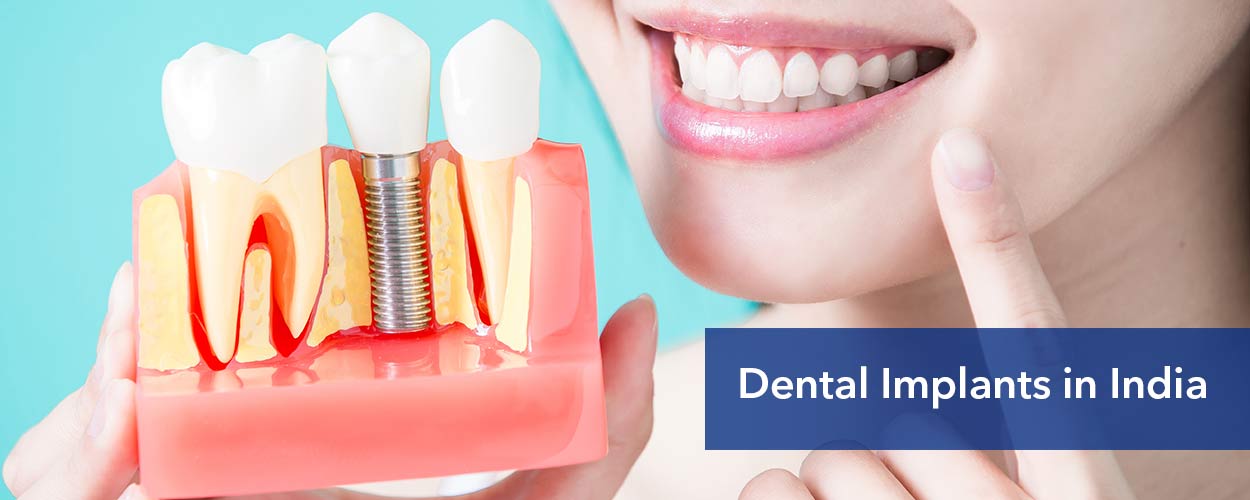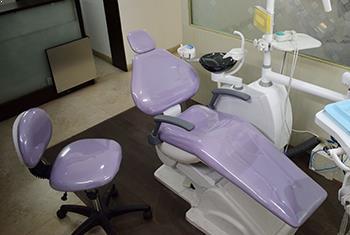What is a dental implant?
A dental implant is a surgical fixture that is placed directly onto the jawbone to work as a replacement for the root of a missing tooth. The implant fuses with the bone over a period of a few months. The dental implant acts as an artificial tooth root that serves as a support and holds an artificial tooth or bridge.
When the dental implant fuses with the jawbone, it mimics a natural tooth as the implant stands on its own and does not affect the nearby teeth. This process is known as osseointegration and it provides great stability to the denture.
Typically, dental implants comprise titanium, which enables their integration with the jaw bone without getting recognized by the body as a foreign object. The advancements in science and technology over the years have greatly improved the quality of implants and led to the betterment of the outcomes of dental implant surgery. The success rate for dental implants in India is near 98%, which is at par with the best facilities in the world.
The dental implants can be of two different types:
Endosteal: These types of dental implants are placed directly into the jawbone. They are made of titanium and in the shape of small screws. Endosteal dental implants are the most commonly used implants.
Subperiosteal: These implants are placed on top of the jawbone, just under the gum tissue. They are not used nowadays as they show poor long-term results in comparison to endosteal dental implants. Subperiosteal implants are typically placed above the jawbone. These implants were used in patients who lack an adequate amount of healthy natural jawbone and cannot (or do not wish to) undergo the procedure of bone augmentation to rebuild it.
If the jawbone is not suitable for fixing a dental implant, there are several other techniques that can be used to rebuild the bone. These methods help restore the natural jawline and provide a strong basic foundation to support the implant and teeth. Some such techniques are:
Bone augmentation: This method is used when the bone in the jaw is not able to support implants. The process involves restoration and regeneration of the jaw bone using bone additives and growth factors. Data from researches have shown that this fortifies the bone to achieve the desired results.
Sinus lift. This technique is also referred to as sinus augmentation or sinus elevation. In this, bone is added below the sinus. It is typically used where the natural bone is damaged or deteriorated due to missing upper teeth in the back.
Ridge expansion: This involves the use of a small ridge, or space, that is created along the top of the jaw and added to the bone graft material. It is used when the jaw isn’t wide enough to support the dental implants.
Another technique used for dental implants is 3D Imaging and Treatment Planning. This is an innovative and advanced technology that allows high-precision 3D digital image generation and surgical planning software for implant placement before the actual surgery. This has made implant surgery not only faster but highly predictable and accurate also. These tools enable the dentist to analyze the anatomy of the patient’s jaw and determine the most suitable sites for the placement of implants. It shortens the recovery time as well as saves time and money.











